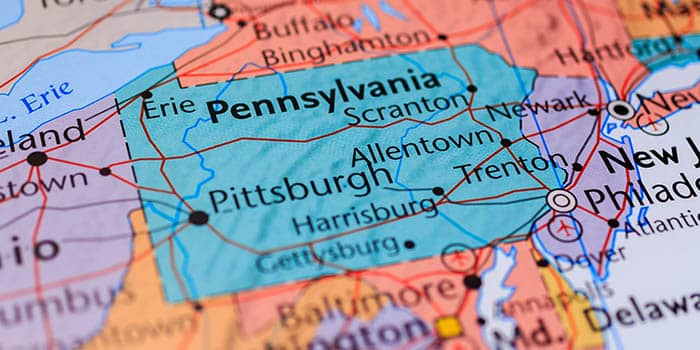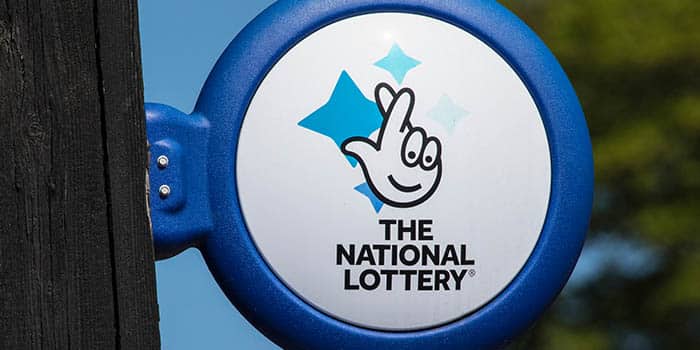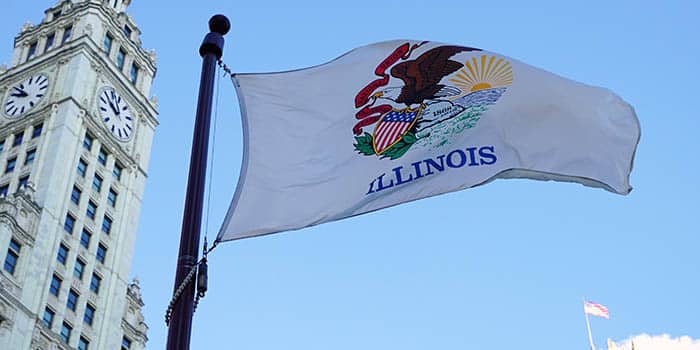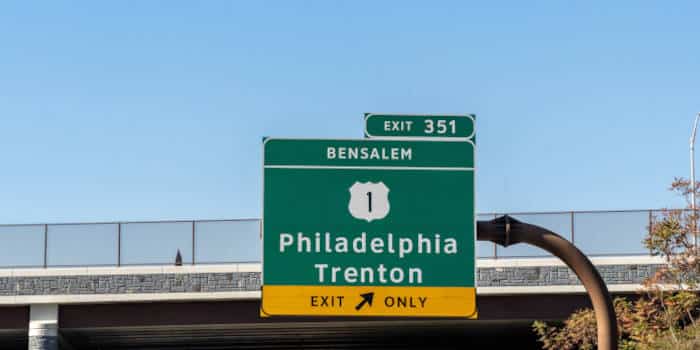- Casino
- By State
- Alabama
- Alaska
- Arizona
- Arkansas
- California
- Colorado
- Connecticut
- Delaware
- Georgia
- Florida
- Hawaii
- Idaho
- Illinois
- Indiana
- Iowa
- Kansas
- Kentucky
- Louisiana
- Maine
- Massachusetts
- Maryland
- Michigan
- Minnesota
- Mississippi
- Missouri
- Montana
- Nebraska
- Nevada
- New Hampshire
- New Jersey
- New Mexico
- New York
- North Carolina
- North Dakota
- Ohio
- Oklahoma
- Oregon
- Pennsylvania
- Rhode Island
- South Carolina
- South Dakota
- Tennessee
- Texas
- Utah
- Vermont
- Virginia
- Washington
- West Virginia
- Wisconsin
- Wyoming
- By State
- Slots
- Poker
- Sports
- Esports
Fact-checked by Angel Hristov
PA Skill Games Creator Discusses the Sector’s Future
The company was adamant that skill games could coexist with the gambling sector, catering to different types of players

As Pennsylvania’s gambling sector recorded another month of growth, Pace-O-Matic (POM), the creator of Pennsylvania Skill games, used the opportunity to discuss the relationship between gambling and skill games, highlighting their unique market niche. POM was adamant that its products did not directly compete with the gambling sector and significantly bolstered smaller businesses.
Legalization Efforts Are Going Strong
Skill games remain a contentious topic in Pennsylvania. Opponents argue they hold the same addiction risks as traditional gambling without any of the regulatory oversight while undermining retail casinos. State authorities have also noticed the situation and started efforts to regulate skill games, aligning such offerings with the broader gambling sector.
POM agrees with this assessment and supports legislation by Sen. Gene Yaw and Rep. Danilo Burgos to regulate skill games. This bipartisan-backed legislation should provide $250 million in skill game tax revenue for the state in its first year alone and introduce much-needed accountability guarantees and customer protection measures.
Several courts, including a unanimous decision by the Commonwealth Court in November, have ruled that Pennsylvania Skill games are legal. POM emphasized that beyond generating supplemental income for small businesses, these games were manufactured in Williamsport, with 92% of the revenue remaining within the local economy or the state.
Skill Games Occupy a Unique Market Niche
Mike Barley, spokesman for Pennsylvania Skill, congratulated the Pennsylvania gambling sector for another successful month as revenues exceeded $520 million. Despite this impressive growth, Barley questioned why venues like Parx Casino opposed skill games and expressed disappointment in the casino industry’s efforts to impose a high tax rate on skill-based games, making them unsustainable.
Barley remarked that $521 million a month was seemingly insufficient for the casino industry as stakeholders insisting on higher skill game tax rates directly threatened small businesses and other places that count on income from such games. He was adamant that the two sectors could coexist and achieve sustained growth without interference.
These numbers show that there is room in the state for both casinos and small businesses that operate skill games to be successful. There is no competition between the two.
Mike Barley, Pennsylvania Skill spokesman
POM’s advocacy for fair regulation and taxation reflects a commitment to ensuring sustainable growth and prosperity for all stakeholders in the state’s gambling landscape. As Pennsylvania’s gambling sector remains on the rise, it highlights the importance of a balanced approach showing equal support for large casinos and smaller entities operating skill games.
Related Topics:
Deyan is an experienced writer, analyst, and seeker of forbidden lore. He has approximate knowledge about many things, which he is always willing to apply when researching and preparing his articles. With a degree in Copy-editing and Proofreading, Deyan is able to ensure that his work writing for Gambling News is always up to scratch.
Must Read
More Articles







Industry
June 30, 2025
New Zealand Presses On with iGaming Legislation

Casino
June 30, 2025
Vietnam Greenlights $2B Van Don Casino Resort

Casino
June 30, 2025
Hard Rock Executive Under Fire Due to Alleged Misdeeds

Casino
June 30, 2025
Wynn COO Vows Change Amid Ongoing Regulatory Pressure

Casino
June 30, 2025
Man Admits to Laundering Cocaine Money Through Casinos

Industry
June 27, 2025
Gambling Harm Costs Victoria, Australia, Over $9B












1 Comment
It’s got to be illegal because they shut down clubs and raided clubs for having machines. So I think they shouldn’t be in gas stations